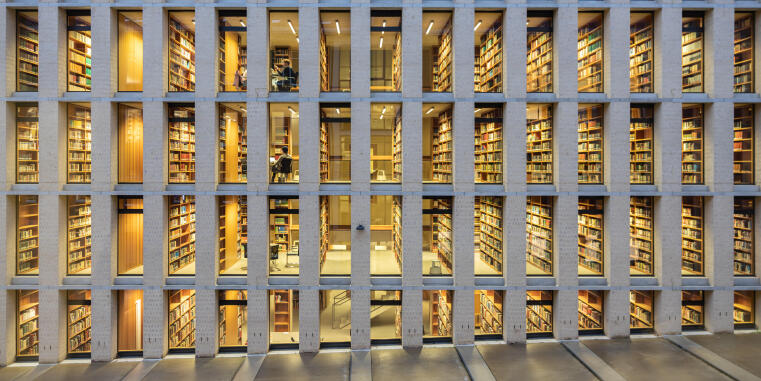





The Centre for Advanced Study analyses the change in access to cultural goods caused by digitalisation primarily - but not exclusively - with regard to art. It looks at the opportunities and development perspectives as well as the problem constellations and conflicts that result from this from an art historical, curatorial and ethical point of view.
The art-scientific and ethical investigation of access to cultural goods is a field of research that has not yet been institutionally established at any location. The Centre is intended to establish itself as a competence forum for this topic by stimulating cooperation between researchers who work at different institutions in a variety of countries and whose approaches (partly due to different disciplinary perspectives) sometimes diverge greatly. The openness of the funding format Centre for Advanced Study (Kolleg-Forschungsgruppe) makes it possible to react appropriately to the highly dynamic development of the subject area, which is expected to continue.
The Centre is designed in such a way that it enables individual research by project leaders, fellows and young researchers as well as the realisation of the specific added value of the funding format through cooperative research in an international perspective.
The Centre meets half a day per week in the form of a Jour Fixe, which brings together all members and fellows who are on site in Münster at the time to discuss a topic together or to discuss a lecture or working paper by a fellow or member. The Centre's lounge also serves as a hub for informal exchange.
Informal working meetings, research tandems and workshops serve the joint work on concrete projects. Master Classes of individual Senior Fellows enable students and interested parties from outside the Kolleg to participate in the research discourse on specific topics, while conferences designed for a larger audience and a summer school in each funding phase make the research at the Kolleg visible to the public nationally and internationally and expose it to external criticism.
Fellows and junior researchers are involved in the planning and implementation of all events as well as in joint publications and the preparation of exhibitions and other transfer projects. For a particularly intensive exchange with the fellows and among the fellows, topic-specific retreats lasting several days are planned.